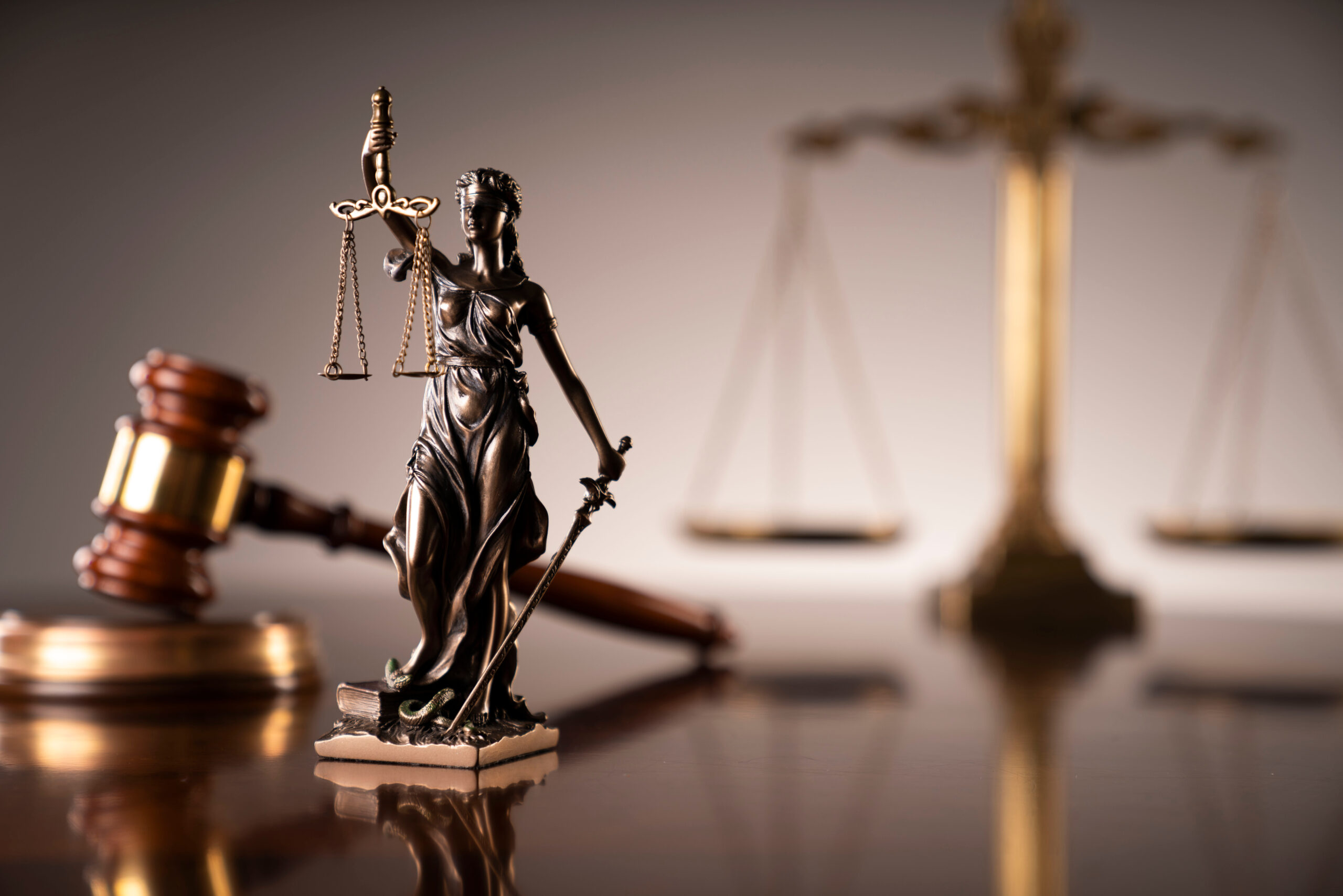
The legal system is designed to uphold justice, but human nature makes complete impartiality difficult. Lawyer bias can unintentionally influence decisions, impacting legal outcomes and public trust. While attorneys are trained to advocate for clients objectively, unconscious prejudices can still play a role in case evaluations, jury selections, and courtroom strategies. Understanding implicit bias in law is essential for ensuring a fair legal system.
Lawyer bias refers to any preconceived notions or prejudices that may influence an attorney’s judgment. This bias can be implicit (unconscious) or explicit (conscious). Implicit biases are particularly concerning because they can shape decisions without the attorney even zing it. Studies have shown that professionals across industries, including law, are prone to implicit bias in law, affecting how they interpret evidence, interact with clients, and assess cases.
When lawyer bias goes unchecked, it can lead to unfair trials, wrongful convictions, and a lack of public trust in the judicial system. Attorney bias in court can influence plea deals, sentencing recommendations, and even the way evidence is presented. If certain biases are embedded within legal strategies, they can compromise the integrity of the case.
Legal professionals can take proactive steps to mitigate bias and uphold fairness, including:
Despite legal system bias, organizations like The National Trial Lawyers are committed to maintaining the highest professional standards. By fostering diversity, promoting fairness, and ensuring equal access to justice, legal associations help attorneys navigate challenges while keeping their advocacy free from bias.
By acknowledging and addressing lawyer bias, the legal community can move toward a more just and impartial system—one where fairness prevails over prejudice.
